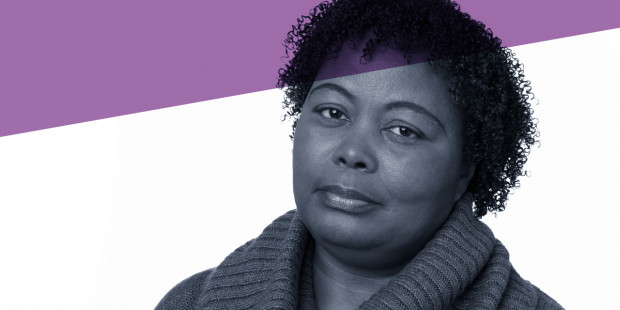What is an advance decision?
An advance decision tells whoever is responsible for your medical care what treatment you may or may not want if you’re no longer able to communicate your wishes or if you lack the mental capacity to make decisions.
Typical examples of this would be in cases of dementia or stroke, where you may not be able to communicate or consent to specific treatment. Doctors would decide what they consider to be in your best interests unless you have made an advance decision.
Is an advance decision legally binding?
An advance decision must be respected by medical professionals and is legally binding under the Mental Capacity Act 2005.
An advance statement can also be considered a living will but would refer more to your general treatment, e.g. food preferences and religious beliefs rather than medical treatment.
Advance statements can also be used to let the people treating you know who you would like to be consulted when a decision has to be made if you’re unable to make that decision yourself. An advance statement is not legally binding but should be taken into consideration.
When would an advance decision be used?
Examples of something you might state in an advance decision:
- You may not want blood transfusions.
- You may not want an amputation.
- You may not want to be kept alive in a vegetative state.
The requirement for an advance decision in cases of HIV infection and illness is much less likely than it was several years ago as treatment has improved dramatically, and people with HIV who are on effective treatment can expect to live a normal lifespan.
What happens to an advance decision if I appoint an attorney to make decisions for me?
If you’re aged 18 or older and have mental capacity, you can also appoint someone to be your attorney. They can then make decisions about treatment on your behalf if you lack the mental capacity to do so.
They cannot override an advance decision you have made unless they were granted lasting power of attorney at a later date and the document states that they have been given the power to do so.
If an advance decision has not been made and an attorney not appointed, you may be able to apply to the Court of Protection to become a deputy if you care for someone that has lost mental capacity.
In the event that none of the above is in place, the Local Authority or the NHS will provide an Independent Mental Capacity Advocate (IMCA) to support and represent the individual.
How can I prepare an advance decision?
An advance decision can be written or verbal unless it deals with life-sustaining treatment, in which case it must be written and specific rules apply.
If the advance decision refuses life-sustaining treatment, it must:
- be in writing
- be signed and witnessed
- state clearly that the decision applies even if life is at risk
- include a written statement to say that the advance decision is to apply to the specific treatment even if your life is at risk.
You cannot make an advance decision refusing actions necessary to keep you comfortable such as warmth, shelter and hygiene.
How can I get more information?
You can get advance decision information from health and social care professionals (eg, your GP or social worker). It’s not essential that you use a special form but it may be helpful. You can read more about advance decisions and access forms to complete here:
If you want to talk to someone about the legal issues surrounding living wills, you can apply for our free advice service or call our helpline THT Direct on 0808 802 1221.






